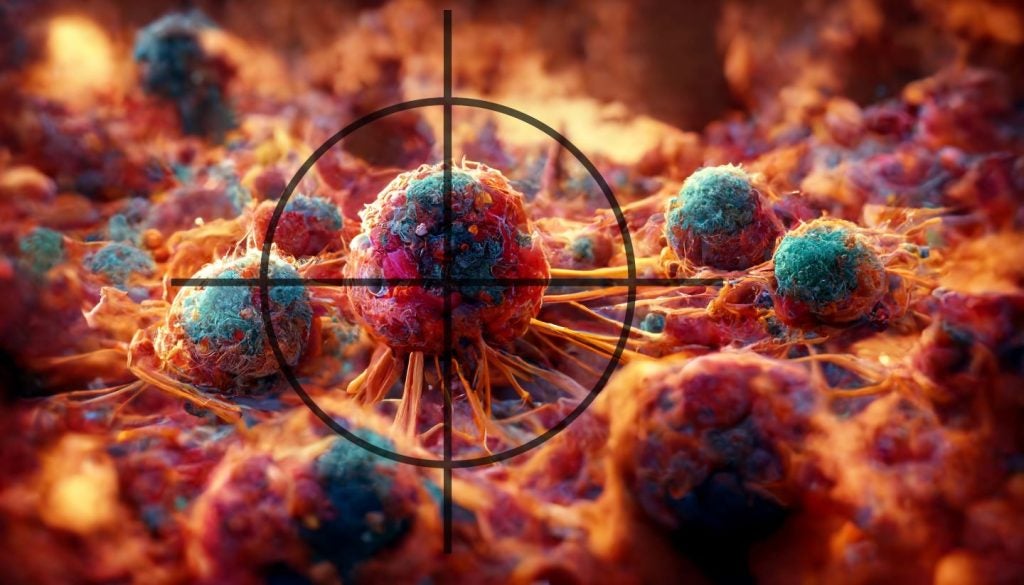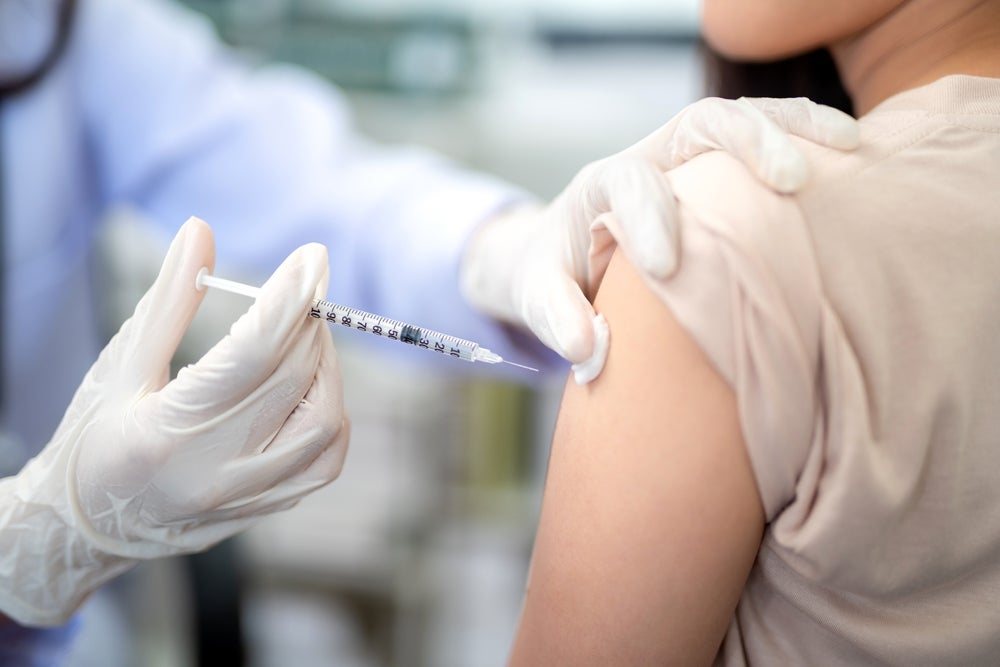The Palmoplantar Pustulosis drugs in development market research report provides comprehensive information on the therapeutics under development for Palmoplantar Pustulosis, complete with analysis by stage of development, drug target, mechanism of action (MoA), route of administration (RoA), and molecule type. GlobalData’s report assesses key aspects of the companies and drugs in development for Palmoplantar Pustulosis. Buy the report here.
The report also covers the descriptive pharmacological action of the therapeutics and the latest news and press releases. Additionally, the report provides an overview of the key players involved in therapeutic development for Palmoplantar Pustulosis and features dormant and discontinued products.
GlobalData tracks three drugs in development for Palmoplantar Pustulosis by three companies/universities/institutes. The top development phase for Palmoplantar Pustulosis is preclinical with one drugs in that stage. The Palmoplantar Pustulosis pipeline has three drugs in development by companies and 0 by universities/ institutes. Some of the companies in the Palmoplantar Pustulosis pipeline products market are: Amgen, CSL and Arcutis Biotherapeutics.
The key targets in the Palmoplantar Pustulosis pipeline products market include cAMP Specific 3′,5′ Cyclic Phosphodiesterase 4D (DPDE3 or PDE43 or PDE4D or EC 3.1.4.53), cAMP Specific 3′,5′ Cyclic Phosphodiesterase 4C (DPDE1 or PDE21 or PDE4C or EC 3.1.4.53), and cAMP Specific 3′,5′ Cyclic Phosphodiesterase 4A (DPDE2 or PDE46 or PDE4A or EC 3.1.4.53).
The key mechanisms of action in the Palmoplantar Pustulosis pipeline product include Granulocyte Colony Stimulating Factor Receptor (CD114 or GCSFR or CSF3R) Antagonist with one drug in Phase I. The Palmoplantar Pustulosis pipeline products include two routes of administration with the top ROA being Intravenous and two key molecule types in the Palmoplantar Pustulosis pipeline products market including Monoclonal Antibody, and Small Molecule.
Palmoplantar Pustulosis overview
Palmoplantar pustulosis (PPP) is a recurrent inflammatory disease that affects the palms and soles. It causes crops of sterile pustules that are usually treatment resistant. Itching, pain, and burning sensation may be present. The possible causative agents of PPP are smoking, infections, contact allergies, and biological therapies like TNF alpha inhibitors. Skin biopsy and culture tests can be helpful in diagnosing the PPP. Treatment options include use of emollients (like salicylic acid ointment, urea cream, etc.), topical steroids, coal tar, acitretin, and phototherapy. Colchicine, dapsone, methotrexate, tetracycline antibiotics, and ciclosporin can also be used. Other measures like quitting smoking, wearing comfortable footwear, and avoiding friction and minor injuries can be helpful.
For a complete picture of Palmoplantar Pustulosis’s pipeline drug market, buy the report here.
Data Insights
From

The gold standard of business intelligence.
Blending expert knowledge with cutting-edge technology, GlobalData’s unrivalled proprietary data will enable you to decode what’s happening in your market. You can make better informed decisions and gain a future-proof advantage over your competitors.






